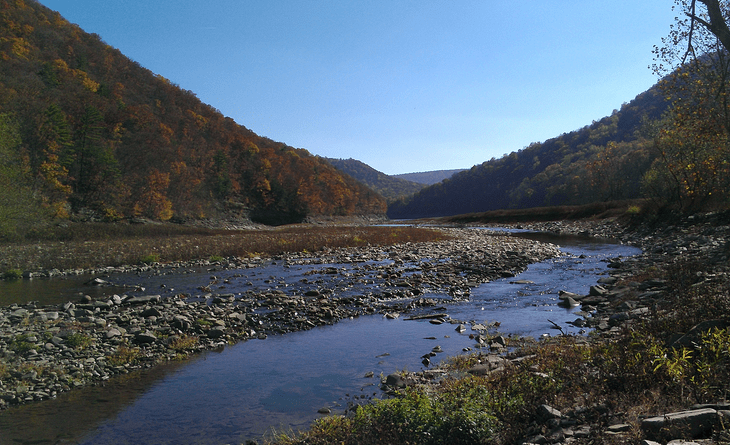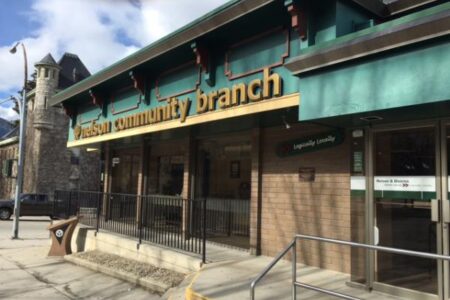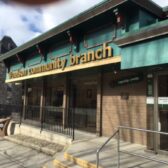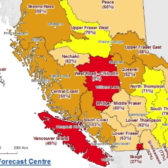Regional district pursues task force on watershed management to protect water resources
The regional district and its members are calling for a watershed management task force to make sure the communities’ rights to clean water are protected from forestry and development interests throughout the West Kootenay.
While some forest companies are sympathetic and act on a community’s concerns about where the logging takes place there is nothing that legally compels them to honour a community’s wishes, which prompted the Regional District of Central Kootenay board of directors to take action in the case of the Ymir watershed.
In May the regional district board passed a resolution to lobby the province — including the Ministry of Forests and B.C. Timber Sales — to stop a logging operation slated for the watershed by BCTS. At the time, it was felt the logging would seriously impact the water quality and the volume of the Ymir watershed.
The potential risk to drinking water is an issue with a number of communities and Mayor Deb Kozak — Nelson’s representative on the RDCK board — said local governments are now coming forward with concerns because they are responsible for the water in their communities.
“Our forests are important to many people who use the land in different ways,” she said. “Recreation, industry, water, environmental. It’s important that all of these interests are represented in planning. In the past, local governments were not a part of these discussions.
“We are responsible for providing clean water to our residents. We also have interest in recreational activities and in some cases community forests. All of these voices will be represented in a task force.”
Kozak said the sentiment on the board was that public consultation on logging operations was lacking, and there was a perceived need for open houses and public meetings to inform people about the harvesting plans.
The idea of the task force — an idea supported by the entire RDCK board — is it would consult with local governments and the forest industry to identify all concerns in functioning watersheds.
The task force does not have to be created by the province, said Kozak, but it is important for the province to be at the table and part of discussions.
The task force — comprised of forest specialists, biologists, hydrologists, forest tenure holders and community members — would also define the tasks and put forward recommendations to the regional district and the province.
According to Interior Lumber Manufacturers’ Association (ILMA) around 80 per cent of its operating area is within watersheds.
Protecting the resource
The risk to watersheds hits closer to home for Nelsonites. Kozak said the most sensitive area affecting the city’s drinking water is Five Mile Creek located in the West Arm Provincial Park.
The city received permission from the province about 10 years ago to do some selective logging around the waterline, she explained, noting that selective logging in sensitive areas can be very important to the control of wildfire.
“If wildfires occur in a watershed, water sources are dramatically negatively affected,” Kozak said. “This treatment was successful, but as you know, trees grow and we will be looking to maintain this area.”
However, watersheds can be severely damaged by logging if not done selectively, she continued.
“This method of logging is more expensive, but critical to maintaining clean and sufficient water sources,” Kozak said. “Negative impacts include increased sedimentation which in turn affects water quality and necessitates expensive water treatment infrastructure that impacts residents and local governments.”
Currently, Selous Creek is slated to be selectively logged. Kozak said Selous is part of Nelson’s watershed along with Anderson and Five Mile Creek, but there is some pine beetle infestation in this area.
“It is a good thing to have it removed,” she said, noting she was in regional district meetings this week to consider a motion to apply for a grant to carry out the logging.
The regional district is applying to the Forest Enhancement Society of British Columbia for 100 per cent funding for pilot project prescriptions of $37,300 at Selous Creek and $33,450 at Queens Bay and for $50,000 for collaborative planning.

























